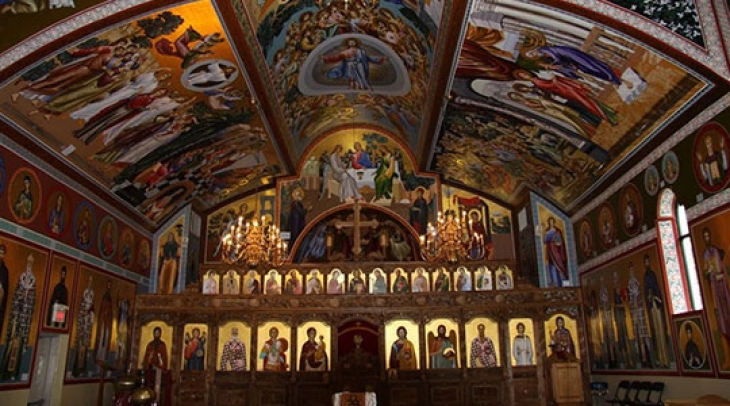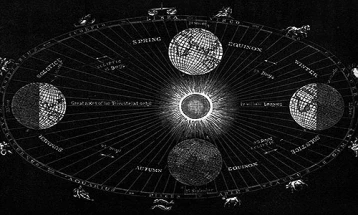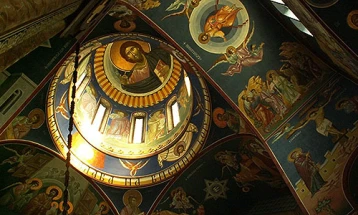
13 July 2024 (MIA)
Macedonian Orthodox Church Calendar
The Assembly of the Holy, Glorious and All-praised Apostles
Although each of the Twelve Apostles has his own Feast Day during the year, the Church has set aside this day for a general Feast of all of them together, including St Paul. The names and Feast Days of the Twelve are Peter-June 29 and January 16, Andrew – November 30, James the Son of Zebedee – April 30, John the Theologian – September 26 and May 8, Philip-November 14, Bartholomew-June 11 and August 25, Thomas – October 6, Matthew the Evangelist-November 16, James the Son of Alphaeus-October 9, Thaddeus (or Jude the brother of lames) – June 19, Simon the Zealot-May 10, Matthias – August 9, Paul – June 29. Let us also remember here how these most holy and selfless men in the history of the world died and finished their earthly course: Peter was crucified upside-down. Andrew was crucified. James was beheaded. John the Theologian died in a wondrous way. Philip was crucified. Bartholomew was crucified, then flayed and beheaded. Thomas was pierced with five spears. Matthew was burned by fire. James the Son of Alphaeus was crucified. Thaddeus was crucified. Simon the Zealot was crucified. Matthias was stoned, then beheaded with an axe when dead. Paul was beheaded.
Catholic Calendar
St. Henry
St. Henry, son of Henry, Duke of Bavaria, and of Gisella, daughter of Conrad, King of Burgundy, was born in 972. He received an excellent education under the care of St. Wolfgang, Bishop of Ratisbon. In 995, St. Henry succeeded his father as Duke of Bavaria, and in 1002, upon the death of his cousin, Otho III, he was elected emperor. Firmly anchored upon the great eternal truths, which the practice of meditation kept alive in his heart, he was not elated by this dignity and sought in all things, the greater glory of God. He was most watchful over the welfare of the Church and exerted his zeal for the maintenance of ecclesiastical discipline through the instrumentality of the Bishops. He gained several victories over his enemies, both at home and abroad, but he used these with great moderation and clemency. In 1014, he went to Rome and received the imperial crown at the hands of Pope Benedict VIII. On that occasion he confirmed the donation, made by his predecessors to the Pope, of the sovereignty of Rome and the exarchate of Ravenna. Circumstances several times drove the holy Emperor into war, from which he always came forth victorious. He led an army to the south of Italy against the Saracens and their allies, the Greeks, and drove them from the country. The humility and spirit of justice of the Saint were equal to his zeal for religion. He cast himself at the feet of Herebert, Bishop of Cologne, and begged his pardon for having treated him with coldness, on account of a misunderstanding. He wished to abdicate and retire into a monastery, but yielded to the advice of the Abbot of Verdun, and retained his dignity. Both he and his wife, St. Cunegundes, lived in perpetual chastity, to which they had bound themselves by vow. The Saint made numerous pious foundations, gave liberally to pious institutions and built the Cathedral of Bamberg. His holy death occurred at the castle of Grone, near Halberstad, in 1024. He is the patron saint of the childless, of Dukes, of the handicapped and those rejected by Religious Order.







